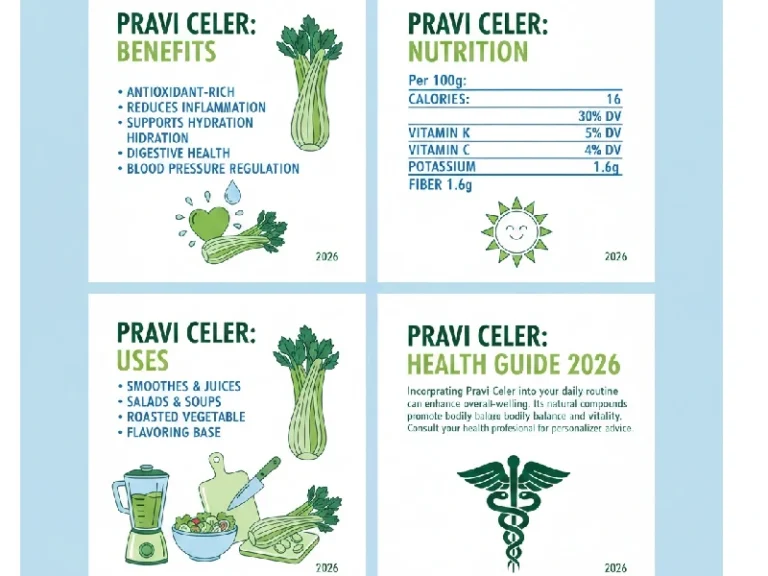
When you think about pioneers of LGBTQ+ activism, names like Harvey Milk often float to the surface. But Jeanne Córdova? Her story doesn’t always get the same spotlight. Which is strange. Because in many ways, she was louder, messier, braver. And she paid for it with sweat, time, and sometimes even safety.
So let’s talk about her. Not in that polished, encyclopedia way. More like you’d tell a friend about someone who made a difference, someone who kind of changed the whole game without waiting for permission.
Who Was Jeanne Córdova, Really?
Jeanne Córdova was born in Germany in 1948. A child of Mexican and Irish parents. She grew up Catholic, strict Catholic, actually. The kind where nuns taught you how to sit properly and what not to think about. Funny twist? She became a nun herself for a short time. Imagine that. But the convent couldn’t hold her. There was too much fire inside.
She realized she was a lesbian in her early 20s. Back then, that word carried so much weight. People whispered it, if they said it at all. And for women, being out was dangerous—jobs could vanish, families could push you out. But Jeanne didn’t just accept her identity. She made it into a platform.
The Lesbian Tide and Beyond
Here’s where it gets interesting. Ever noticed how the 1970s exploded with movements? Civil rights, feminism, anti-war protests. Jeanne jumped right in. She became the editor of The Lesbian Tide. Not just a little newsletter. This was the first real national lesbian newspaper in the United States.
Think about that. At a time when women-loving-women could barely find community outside of bars or hidden house parties, she gave them words. Pages. Stories.
And she didn’t write all polished journalism either. She wrote raw, urgent, sometimes a little angry. Because the world wasn’t fair and she refused to pretend otherwise. That’s what made it powerful.
Activist Before It Was Cool
She wasn’t just behind a typewriter. Jeanne was out there in the streets, too. Marching, organizing, shouting through megaphones. She helped create the Los Angeles Gay and Lesbian Community Services Center. One of the first of its kind. Can you imagine walking into a space in the ‘70s where you could actually be yourself? For a lot of people, that center was the first time they breathed freely.
She also helped build a political organization. Like the Stonewall Democratic Club in Los Angeles. Which sounds normal today. But back then, getting LGBTQ+ voices into politics was radical. Brave. A little reckless, maybe. But Jeanne loved that edge.
A Tangent About Courage
You know what’s wild? People sometimes think courage is this clean, shiny thing. Like superheroes standing tall. But honestly, real courage looks messy. Jeanne was messy. She doubted herself. She got tired. She fought with allies. Yet she kept showing up.
It reminds me of this quote I once heard—courage isn’t the absence of fear, it’s moving forward with fear strapped to your back. That was Jeanne. She carried fear, but didn’t stop.
Writing as a Weapon
Córdova’s book When We Were Outlaws: A Memoir of Love and Revolution is a gem. It’s personal, political, funny, painful—all at once. She wrote about being a journalist, about loving women unapologetically, about being caught between movements.
Her writing is so… alive. Like she’s right there in the room with you, telling you her secrets. And maybe spilling a drink while she does it.
Books like that matter. Because they keep the memory of the struggle alive. They remind younger generations that the freedoms we enjoy today weren’t handed down. They were clawed, piece by piece, by people like Jeanne.
Jeanne and Feminism (It Was Complicated)
Let’s be real. The relationship between feminism and lesbian activism wasn’t always smooth. In the 1970s, many feminist groups sidelined lesbians. Afraid that their presence would “ruin” the cause. Jeanne pushed back. She believed feminism without lesbians was incomplete.
She challenged the so-called “lavender menace” narrative. Sometimes she made people uncomfortable. But that’s exactly why she mattered. She didn’t sit quietly in the corner, waiting for permission.
Later Life and Legacy
Fast forward. Jeanne kept fighting well into her later years. She worked on international activism, connecting LGBTQ+ movements across borders. Mexico, South America, Europe—her vision wasn’t limited to California.
In 2016, Jeanne passed away after battling cancer. She was 67. Before her death, she wrote an open letter to the movement. It was both a goodbye and a call to keep going. That letter still circulates online, and honestly, it hits hard. She basically said, “I’ve done my part. Now it’s your turn.”
Why Jeanne Córdova Still Matters
So why bring up Jeanne today? Because history has a sneaky way of forgetting women. Especially queer women of color. And yet, without Jeanne, the movement would’ve looked different. Maybe slower. Maybe quieter.
Her story shows us that activism doesn’t come with a perfect plan. Sometimes it’s scrappy, full of mistakes, fueled by coffee and stubbornness. That’s okay. That’s how change usually happens.
Little Anecdote Break
I once met someone at a Pride event in Los Angeles. She said, “If it weren’t for The Lesbian Tide, I would’ve thought I was the only lesbian in the world.” Imagine that. One newspaper clipping makes someone feel less alone. That’s the ripple effect of Jeanne’s work.
FAQs About Jeanne Córdova
Who was Jeanne Córdova?
She was a Latina lesbian activist, journalist, and community organizer. Known for her leadership in LGBTQ+ rights and as editor of The Lesbian Tide.
What did she write?
Her most famous work is When We Were Outlaws: A Memoir of Love and Revolution, but she also wrote essays and political commentary.
Why is she important?
Because she gave lesbians a national voice in the 1970s, founded organizations that still matter today, and pushed LGBTQ+ activism into mainstream politics.
Did she really become a nun?
Yes, briefly. But she left when she realized her true path. It makes her story even more unique.
What’s her legacy?
Spaces for LGBTQ+ people to gather, books that preserve queer history, and a reminder that activism must stay loud, messy, and fearless.
Final Thoughts on Jeanne Córdova
When we talk about heroes, we often imagine people carved in marble. Jeanne Córdova wasn’t marble. She was fire. Flesh. Flawed. And that’s exactly why she mattered.
If you’ve never heard her name before today, remember it. Say it out loud once. Because voices like hedeserverve to echo.
And maybe that’s the real point of telling her story. Not just to look back, but to remind ourselves that the fight isn’t over. That someone like Jeanne Córdova can spark a movement, and maybe, just maybe, so can you.


